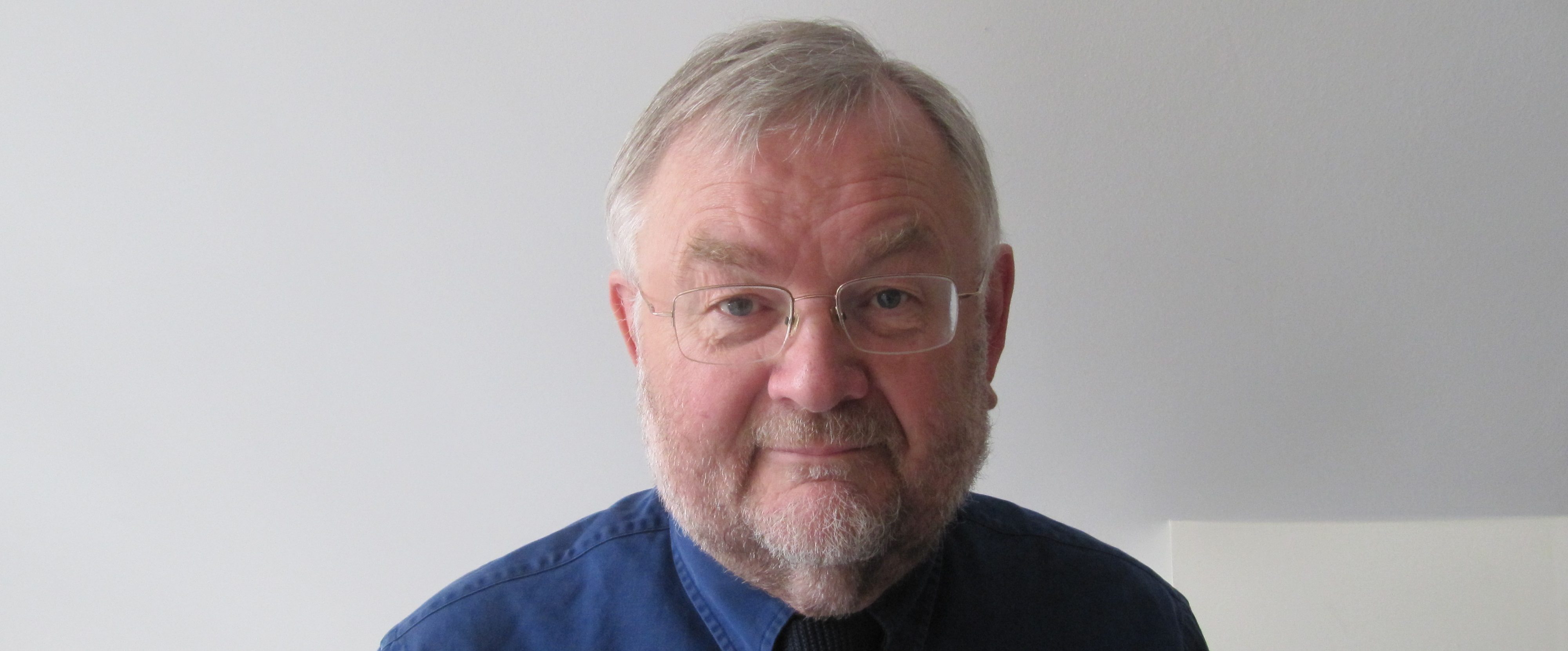“The biggest crisis in Europe this century” says William Hague, and he may be right. The economic consequences of 2008 in the Eurozone might run it close in wealth lost – and even lives lost – but whatever you may think of the European Central Bank, it hasn’t got nuclear weapons and hasn’t sent in any paratroops. What is to be done ?
Well, reflection first of all. We should remember that the word ‘jingoism’ was coined to describe bristling nationalism against Russia on a previous occasion. Don’t get me wrong – the actions of Russia are plainly out of order. The issue is – what do we do about it ? Sending in the US Marines would be, shall we say, ill-advised. The idea of using economic sanctions is attractive, particularly if we can hit the Russian rich who seem to own homes across most of West London and can buy British visas for what to them must seem small change. There do seem to be glitches. Germany imports vast quantities of Russian gas and oil, and has a massive surplus on manufactured exports with Russia: may not be keen on giving up either. Worse, the weekend papers reported that the City of London is worried that sanctions would interfere with their business as the money laundering capital of the world. You may imagine, then, how effective will be the measures our city-dominated government is likely to implement. How far away their morality is from the cotton workers who were prepared to starve rather than weave slave-traded raw materials in the American Civil War.
This next bit will not be popular. Yanukovich, the ousted President of Ukraine appears to have been a tyrannical plutocrat, using state revenues to enrich his family and build palaces for his own use. He approved the use of armed troops to shoot at demonstrators. Not a nice man, we can judge. However, he was elected. There are a number of examples recently of elected officials – Egypt, for example – being ousted to Western applause. We are also getting a head of steam to disapprove of the Venezuelan government, equally elected. It does seem that our leaders are all in favour of democracy as long as no-one we disagree with gets voted in – or, if they do get voted in, they do nothing of which we might disapprove. Of course there are problems with defining ‘democracy’ when it puts opposition leaders in jail (Ukraine, Russia), oppresses minorities (Hungary, Uganda) and dominates the press and TV (Italy, anyone ?). And a leader elected by fiddled votes or intimidation – as in Zimbabwe – is no democrat at all. But the Ukrainian people were going to have an opportunity in a reasonably well-organised election to dump the guy. Why do we think they were right to act now ?
I guess because we agree with the views of the activists that Ukraine should build more links with the West, including trade deals with the EU. But, to drone on again, the elected Ukrainian government considered this issue and decided not to. I guess it decided not to because to do so would annoy, possibly fatally, relations with an extremely influential and powerful neighbour. Seems to me – and no-one in the press seems to be saying this, despite it being blindingly obvious – that that was a judgement that has been borne out by the facts. In an ideal world, all nations would be able to decide policies without any reference to the wealth or military powers of others. We have not, however, been in such a world for a while. We are all, to a degree, Finlandised. Before you protest, let me remind you of the possibility of corruption in an arms deal that we – in Britain – were not allowed to investigate because it would have offended Saudi Arabia. And the more mess we get in the Middle East – Syria, Iran, Iraq, Tunisia, Egypt – the more insistent the little voice at the back of my head that reminds me of the cynical old CIA hacks who said this would happen if we rocked the boat, just as us students were on the street advocating social democracy for the world.
I think what I am saying is that power politics hasn’t gone away, and what we must do is try to inject as much ethical conduct as we can without being silly. This is not an argument for appeasement – genocide, torture, invasion are not acceptable at any point. However, short of that point, let’s reflect on the old Latin saying – ‘let justice be done even though the heavens fall’. If your child is starving in a Beirut slum, if Russian storm-troopers take over your local airport, if education is being withdrawn from women, you might feel that whether justice is being done depends very considerably on how much heavens fall, and on whom.
